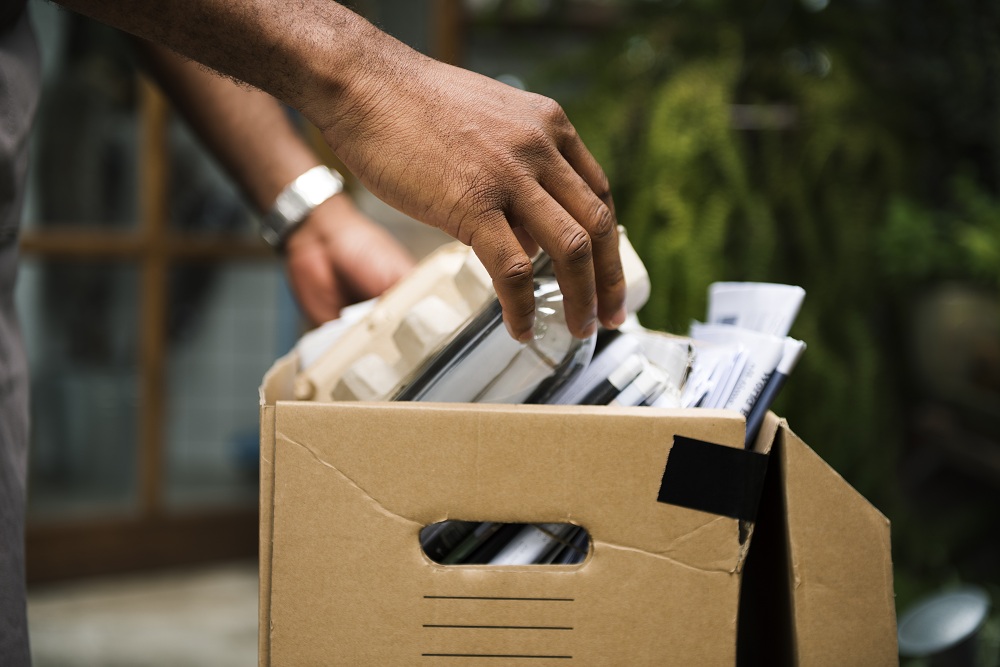Trying new food can be a great way to broaden your horizons and experience new flavors. It can also be a way to learn about other cultures and their cuisines. When you try new food, you may find that you like it or that it isn’t for you. Either way, it’s a valuable experience. Trying new food can also be a great way to bond with friends or family members.
However, this simple experience can seem like a challenge if you’re not an adventurous eater. When trying new foods for the first time, you should keep a few things in mind to ensure the experience is enjoyable. Here are some tips to follow:
Do your research ahead of time
Trying new food can be a lot of fun. But before you dive into that unfamiliar dish, it’s essential to do your research first. After all, you never know when you might end up with an upset stomach – or worse. That’s why it’s always a good idea to take the time to learn about a new food before you eat it. Here are a few things to keep in mind:
First, find out where the food comes from. For example, if you’re trying a new fruit or vegetable, make sure you know what country it’s from. This way, you can research the climate and growing conditions to understand how the food was grown. Second, learn about the preparation process. For example, find out how it was raised and slaughtered if you’re trying new meat or fish. This information can help you determine whether or not the food is safe to eat. Finally, ask around. Talk to friends or family members who have tried the food before and see what they think.
Once you’ve done your research, you’ll be able to decide whether or not that new food is worth trying.
Start with a small portion
It can be tempting to want to try a little bit of everything when you see a new and exciting dish, especially if it smells delicious. However, starting with a small portion is always best, especially if you’re unsure how your stomach will react to the new food. Just because something looks good doesn’t mean that your body will agree.
Overeating new food can lead to indigestion, bloating, and even nausea. So go ahead and sample the new dish, but remember to take it easy at first. Who knows, you may find that you love it so much that you end up returning for seconds.

Be prepared for strong flavors
When trying out a new food for the first time, it’s important to be prepared for intense flavors. Whether eating a new cuisine or simply trying a new dish from your favorite restaurant, unfamiliar flavors can be overwhelming.
The best way to handle this is to take small bites and chew slowly, savoring the flavor. Pay attention to how the flavor develops over time and see if there are any nuances you haven’t noticed. And don’t be afraid to ask questions! If you’re unsure about what you’re eating, most chefs and servers will be more than happy to provide information about the ingredients and preparation.
By keeping an open mind and taking the time to enjoy new flavors, you’ll be sure to have a positive experience with new foods.
Make sure your teeth can handle it
When you’re trying new food, the last thing you want is for your teeth to hurt. Unfortunately, that can happen if you don’t have strong teeth. Hard or crunchy foods can put a lot of pressure on your teeth, leading to tooth pain or even tooth damage. In severe cases, tooth loss can even occur.
But if you already have a couple of missing teeth, trying out new food can be more challenging. Some dishes might have unexpected rough or hard textures that your mouth can’t handle. If that’s the case, consider getting a tooth implant, as it can improve your ability to eat certain foods. For instance, implants can make it easier to eat hard foods like candy or nuts and chew gum. With a complete set of teeth, you’ll feel bold when trying out new cuisine.
When it comes to trying new foods, there are a few things you can do to make the experience less daunting and more enjoyable. Do your research ahead of time, start with a small portion to get a taste of what’s in store, be prepared for strong flavors, drink plenty of water, and finally, make sure your teeth can handle it! By following these tips, you can be a foodie with no fear.


